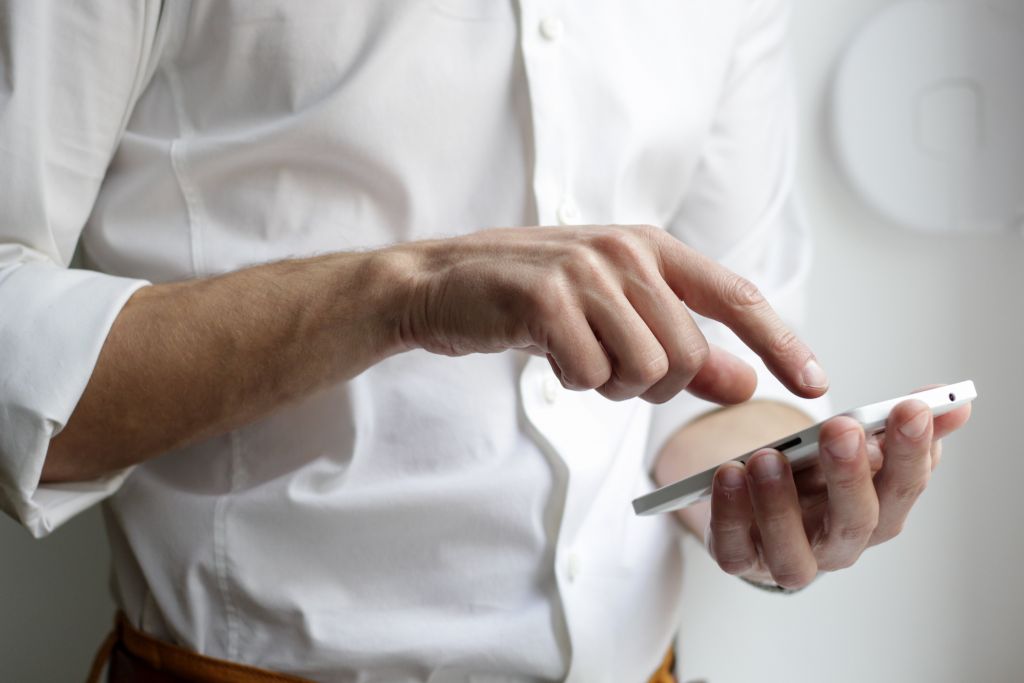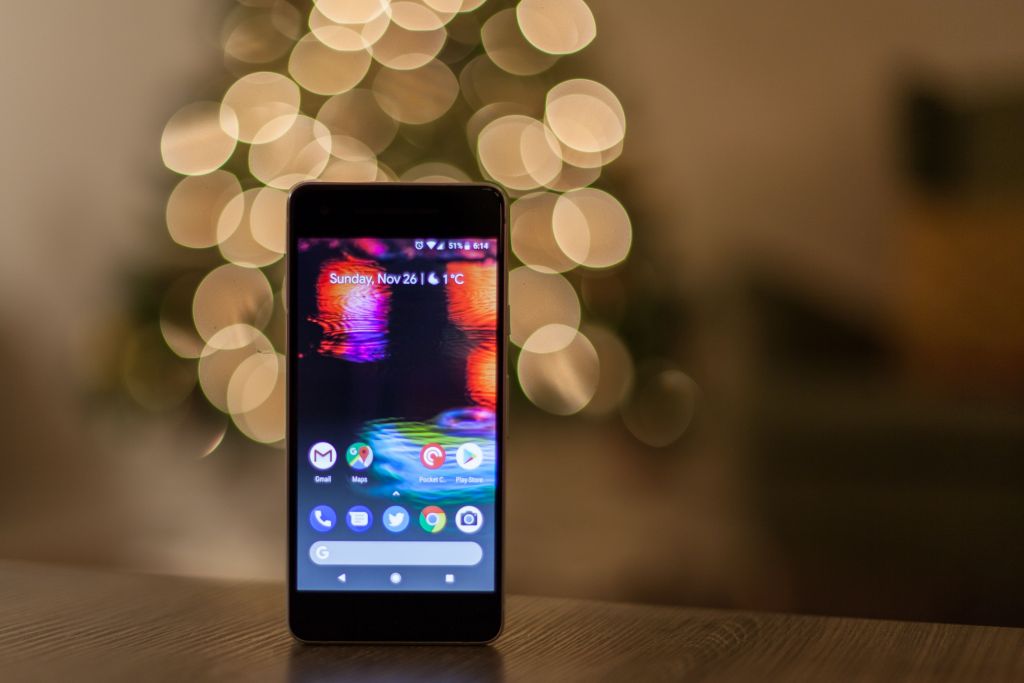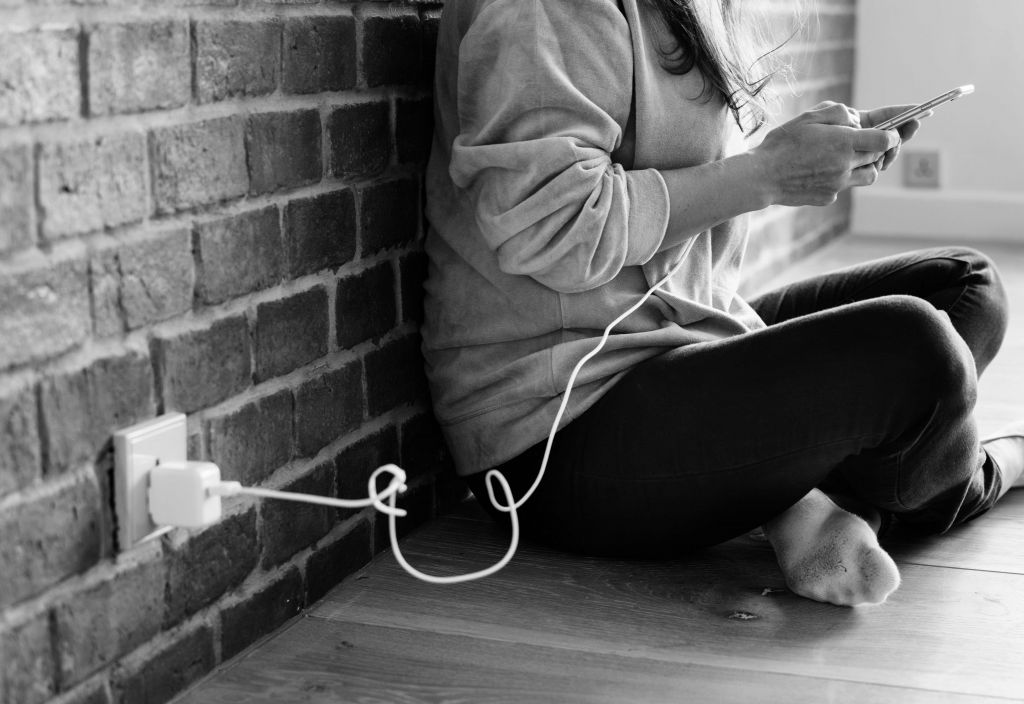If you watch TV or listen to the radio you know there is always a new Android phone being touted as the latest, greatest device that you absolutely must have. However tempting it may be to trade in your old model for a new one, it’s not always realistic, especially if your phone isn’t all that old or you just aren’t ready for a new phone quite yet.
But if your current model isn’t performing like it used to, before you head into your local phone dealer, first consider these five tips to improve the performance of your Android phone.
1. Clear Your Cached Data
There may be some apps you use a lot, such as e-mail, Instagram, and Twitter, but others you use less frequently, like the ones you use to book travel or search job postings. To speed up your Android, you can remove cached data from apps you use less often. Clearing the old data not only improves the speed of your phone but it can also help prevent crashing and freezing of the apps as well. Go to the Device Storage page in your Settings. Look for a Cached Data entry and tap it. You’ll see an option to clear out your cached data.
2. Update Your Android Phone
Provided you aren’t using an old model, try updating your Android OS to the latest version. Not only will you improve the phone’s performance, but you’ll also access new features and security fixes. The process for updating will vary depending on your carrier and device.
3. Remove Unused Apps and Media
Photo by Stephen Frank on Unsplash
Like most anything in life, too much of a good thing isn’t always…well, good! If your Android is overloaded with apps and data, it will eventually slow down. First, go through your media files and remove old photos and music, and then check your apps to see which ones aren’t being used. To remove seldom-used apps on a standard Android, follow the following steps:
- Click the Menu button
- Tap on Settings, then Applications and then Manage applications
- Click the app you want to delete and then click Uninstall
- If there is no Uninstall button, it’s a system app and it can’t be deleted
4. Keep Your Phone Battery Charged
Your phone will automatically slow down as the battery ages. To avoid this, keep your battery charged with the following tips:
- Carry a portable charger for when you can’t plug your phone into an electrical outlet.
- Turn off your Wi-Fi and Bluetooth when they’re not in use – your phone won’t be constantly searching for a connection in the background.
- Completely shut down all apps you aren’t using.
5. When All Else Fails, Restart Your Phone
Occasionally you may need to reboot your Android to restore optimal performance. After you’ve deleted unused media and apps and updated to the latest version, if you’re still finding your phone sluggish it may be time to reboot it. You can do a soft restart or a hard restart. A soft restart means powering down your phone and re-starting it. A hard restart will delete certain data from your phone as this function is essentially a factory reset. This is a more complex reboot and shouldn’t be attempted without weighing the pros and cons of losing some of your data. Here’s a step-by-step guide to Android reboots and restarts with more instructions.
Hopefully these tips will fix your performance issues, but if none of these steps work for you, then it may be time to admit that you need a new phone after all. For all things Android, visit London Drugs and speak to our mobile phone experts about all your cellphone needs.




